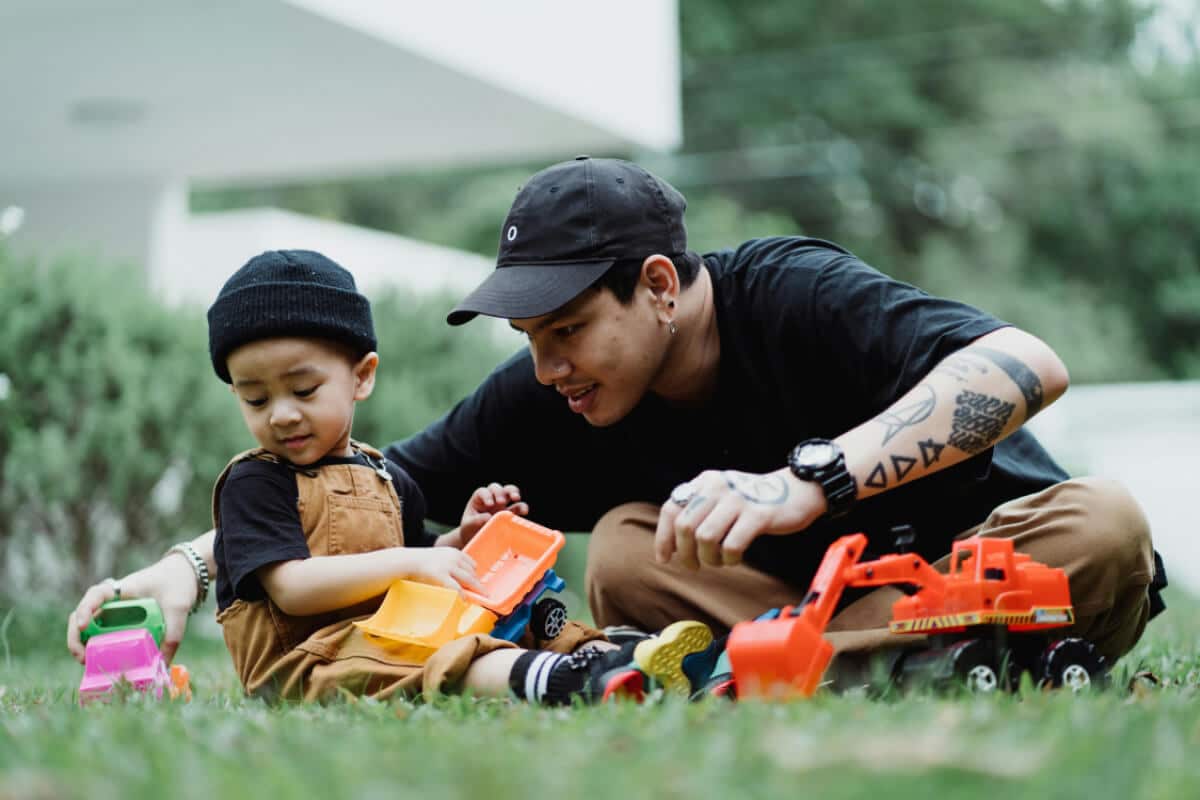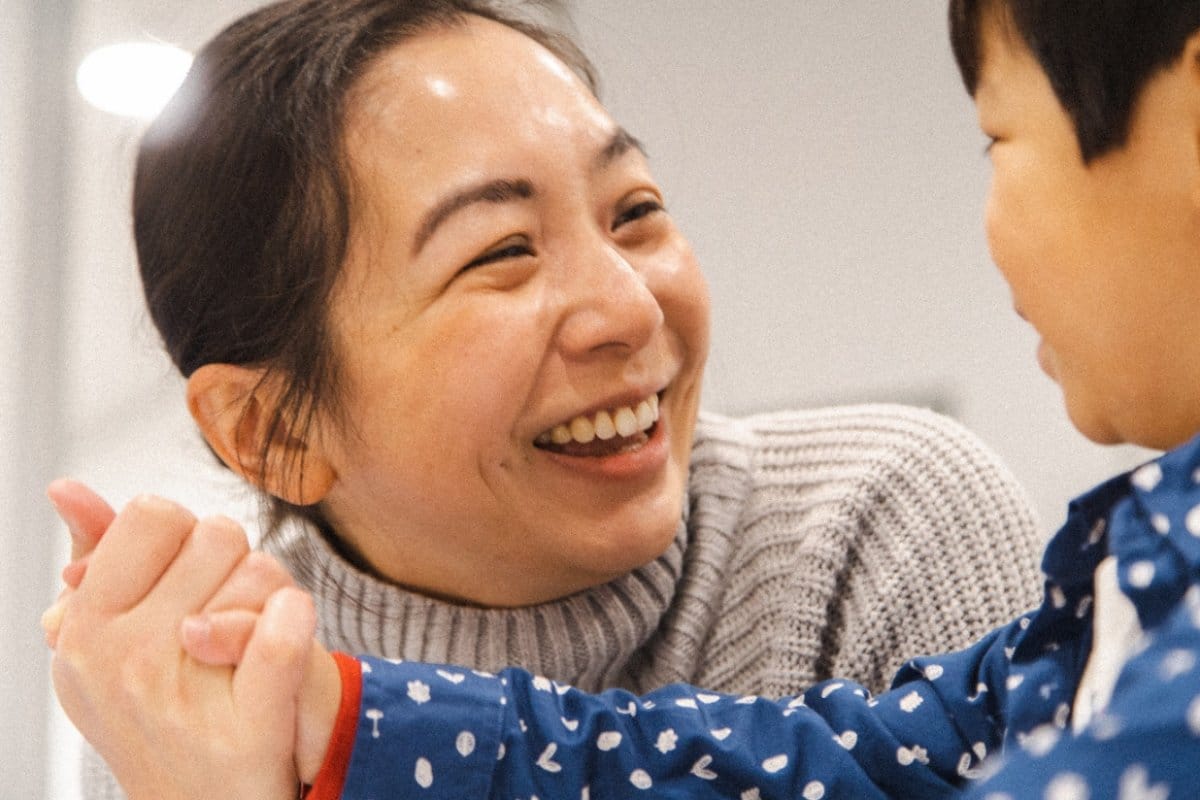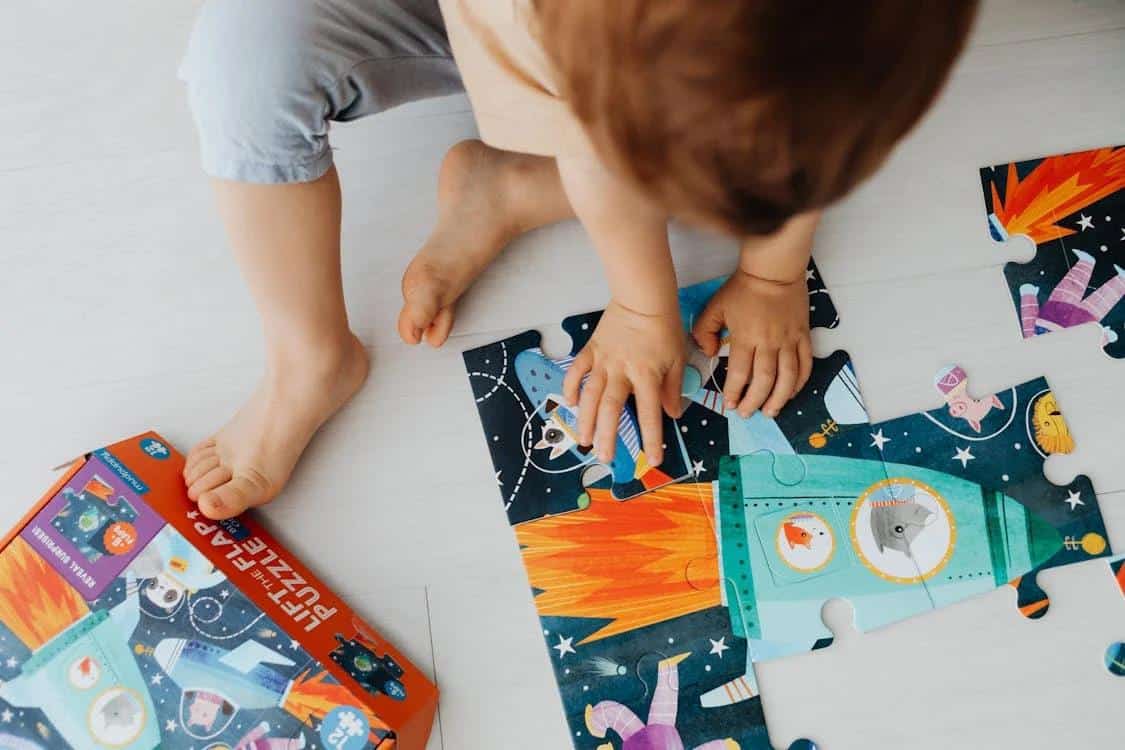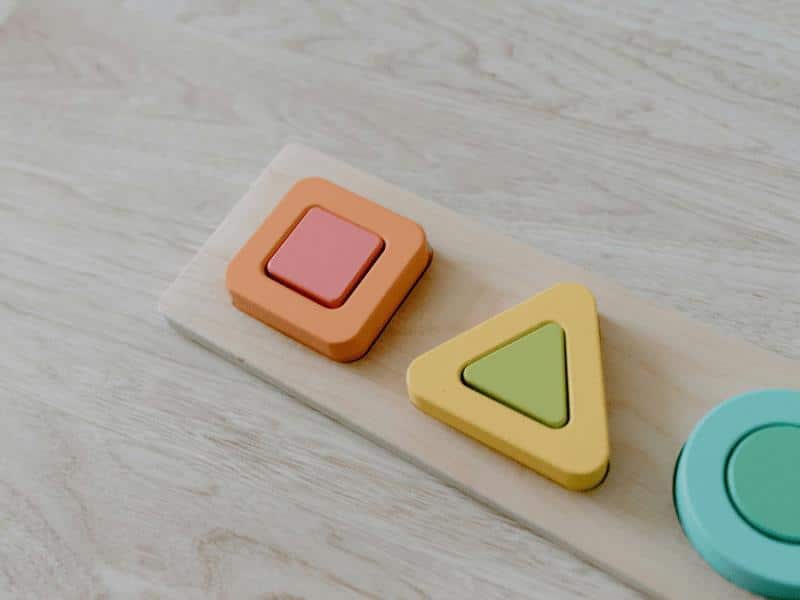
Why Being Your Child’s First Teacher Matters
As a parent, you are your child’s first and most influential teacher. From the moment they are born, your child looks to you for guidance, learning, and support. Embracing this role can have profound and lasting impacts on their development, shaping them into confident, capable, and well-rounded individuals. In line with the Shichida philosophy, parental involvement is crucial in early childhood education.
Here’s why being your child’s first teacher truly matters and how you can make the most of this vital role.
The Foundation of Learning Begins at Home
From the first coos and giggles to their initial steps and words, your child’s learning journey starts at home. The environment you create is their first classroom, and your interactions are their first lessons. Studies have shown that the early years are critical for brain development. By the age of five, a child’s brain reaches about 90% of its adult size, making early experiences pivotal in shaping cognitive, emotional, and social growth.
Parental Influence and Why it Matters
Parents are not just caregivers; they are the architects of their child’s future. Your daily interactions, whether through play, conversation, or routine activities, lay the groundwork for essential skills. Children observe and mimic your behaviour, absorbing language, values, and habits. This powerful influence means that your involvement can significantly impact their academic success, social skills, and overall well-being. This crucial influence starts from day one and continues well into the teenage years. Setting a solid foundation during the early years is one of the most important jobs you have as a parent and teacher.
Building a Strong Emotional Bond
One of the most critical aspects of being your child’s first teacher is the emotional bond you create. A strong, loving connection promotes a sense of security and trust, which is fundamental for healthy development. When children feel safe and loved, they are more likely to explore, take risks, and engage in learning activities. This bond also promotes resilience, helping them navigate challenges and setbacks with confidence.
Creating a Rich Learning Environment
Your home can be a treasure trove of learning opportunities. Simple activities like reading a book, baking together, or exploring nature can turn everyday moments into educational experiences. By providing a variety of stimulating activities, you encourage curiosity and a love for learning. This diverse exposure helps children develop critical thinking, problem-solving, and creativity.
The Role of Play in Learning
Play is an essential component of early childhood education. Through play, children explore the world around them, develop social skills, and practice new concepts. As a parent, you can facilitate meaningful play by providing age-appropriate toys, engaging in imaginative games, and encouraging outdoor activities. Playtime is not just fun; it’s a powerful learning tool that promotes physical, cognitive, and emotional development.
Encouraging a Growth Mindset
As your child’s first teacher, you have the opportunity to instil a growth mindset – the belief that abilities and intelligence can be developed through effort and perseverance. Praising effort rather than innate talent encourages children to embrace challenges, persist in the face of difficulties, and view failures as opportunities for growth. This mindset promotes a love for learning and a resilient attitude that will benefit them throughout their lives.
Developing Language and Literacy Skills
Language development is a cornerstone of early childhood education. Engaging in regular conversations, reading aloud, and introducing new vocabulary can significantly enhance your child’s language and literacy skills. Storytime is not just a bonding activity; it introduces children to the world of books, stimulates their imagination, and builds foundational skills for reading and writing.
Nurturing Social and Emotional Development
Parents play a crucial role in teaching social and emotional skills. Through interactions with family members and peers, children learn about empathy, cooperation, and conflict resolution. Modelling positive behaviours, providing guidance on managing emotions, and encouraging social interactions help children develop the skills needed to form healthy relationships and navigate social situations.
Teaching Independence and Responsibility
Teaching children to be independent and responsible is an essential part of early education. Simple tasks like dressing themselves, tidying up toys, or helping with household chores instil a sense of responsibility and self-reliance. By giving children age-appropriate responsibilities, you help them develop confidence and a sense of accomplishment.
Balancing Structure and Flexibility
While structure and routine are important for providing a sense of security, flexibility is equally crucial. Children thrive in an environment where there is a balance between guided activities and free play. This balance allows them to explore their interests, develop autonomy, and adapt to changing situations. As a parent, being flexible and responsive to your child’s needs and interests ensures a positive and dynamic learning environment.
Addressing Common Challenges:

Simple activities like scribbling help strengthen hand muscles and lead to a good pencil grip.
How Can Working Parents Balance Their Role as Educators?
For parents with demanding jobs, balancing work and family time can be challenging. However, small, intentional actions can make a big difference. Here are some strategies:
- Integrate Learning into Daily Routines: Use routine activities, such as meal prep or bedtime, as learning opportunities. Discuss numbers while cooking, or reading a bedtime story.
- Quality Over Quantity: Focus on the quality of interactions rather than the quantity. Even short, meaningful interactions can have a significant impact.
- Leverage Technology: Use educational apps and resources that align with your values and educational goals to support learning when you’re not available.
- Involve Family Members: Encourage other family members to participate in educational activities, creating a supportive learning network for your child.
What if I Don’t Feel Confident in My Teaching Abilities?
It’s normal for parents to feel unsure about their teaching abilities. Remember, you don’t need to be an expert; your love and willingness to engage are most important. Here are some tips to build confidence:
- Educate Yourself: Read books, attend workshops, or join parent groups to gain knowledge and confidence in your teaching role.
- Start Simple: Begin with basic activities like reading stories, playing educational games, or exploring nature together. Gradually expand as you gain confidence.
- Learn Together: Approach learning as a shared journey. Discover new things alongside your child, showing that learning is a lifelong process.
How Do I Manage Screen Time vs. Active Learning?
In today’s digital age, managing screen time is crucial. Here’s how to balance screen time with active learning:
- Set Limits: Establish clear rules for screen time, ensuring it’s balanced with physical activity, play, and family interactions.
- Choose Educational Content: Opt for high-quality, educational programs that engage your child’s mind and align with your educational goals.
- Encourage Active Play: Prioritise activities that involve physical movement, creativity, and social interaction. Outdoor play, crafts, and board games are excellent options.
- Be a Role Model: Demonstrate healthy screen habits by limiting your own screen time and engaging in active, offline activities with your child.
How Can I Encourage Learning in a Child Who Resists?
Every child is unique, and some may resist traditional learning activities. Here are some strategies to encourage reluctant learners:
- Follow Their Interests: Identify your child’s interests and incorporate them into learning activities. For example, if they love animals, use animal-themed books and games.
- Make Learning Fun: Use games, hands-on activities, and interactive play to make learning enjoyable and engaging.
- Provide Choices: Give your child options in their learning activities. Allowing them to choose can increase their motivation and engagement.
- Celebrate Small Wins: Acknowledge and celebrate progress, no matter how small. Positive reinforcement can boost their confidence and enthusiasm.

Interest-based learning opens up many opportunities for games and activities that focus on phonics, numbers, and memory development.
How Do I Adapt These Tips for Different Ages?
Children’s needs and abilities change as they grow. Here’s how to adapt your approach for different age groups:
- Babies (0-1 year): Focus on sensory experiences like playing with textures. Simple interactions, like peek-a-boo, support cognitive and emotional development. Look through simple picture books together.
- Toddlers (1-3 years): Encourage exploration and independence through activities like building blocks, simple puzzles, and pretend play. Read books that introduce new vocabulary and concepts to your child.
- Preschoolers (3-5 years): Provide opportunities for creative expression, problem-solving, and social interactions. Engage in activities that promote early literacy and numeracy skills, such as storytelling, phonics activities, and counting games.
Parental Involvement and Academic Success
Research consistently shows that children with involved parents perform better academically. Your active participation in your child’s education – whether through teaching your toddler their first phonics or with older kids helping with homework, attending school events, or discussing their day. All these actions reinforce the importance of learning and encourage academic achievement. This involvement sends a powerful message that education is both valued and supported at home.
Creating Lifelong Learners
By embracing your role as your child’s first teacher, you set the stage for lifelong learning. Encouraging curiosity, promoting a love for reading, and promoting a positive attitude toward education instils a passion for learning that extends beyond the early years. Your involvement lays the foundation for a future where your child continues to seek knowledge, explore new interests, and achieve their full potential.
Practical Tips for Parents
To make the most of your role as your child’s first teacher, consider these practical tips:
- Read Together Daily: Establish a daily reading routine to enhance language skills and develop a love for literature.
- Engage in Meaningful Conversations: Talk with your child about their interests, experiences, and feelings to develop language and social skills.
- Encourage Play-Based Learning: Provide a variety of toys and activities that promote imaginative and cooperative play.
- Create Learning Opportunities: Integrate learning into everyday activities, such as cooking, shopping, and outdoor exploration.
- Praise Effort and Perseverance: Focus on effort and persistence rather than outcomes to promote a growth mindset.
- Be a Role Model: Demonstrate positive behaviours, such as kindness, patience, and curiosity, for your child to emulate.
- Support Emotional Development: Help your child recognise and manage their emotions through guidance and empathy.
- Promote Independence: Give your child age-appropriate responsibilities to build confidence and self-reliance.
- Stay Involved in Their Education: Engage with their school activities, attend events, and support their academic journey.
Embracing the Role of Primary Educator
At Shichida, we recognise that parents are their children’s first and most influential teachers. One of the core principles of the Shichida Method is parental support and involvement. Our learning environment is designed to engage both you and your child in enjoyable and educational activities.
We equip your child with essential skills for becoming a successful learner while teaching you effective ways to support their development. The activities and games we introduce can be easily replicated at home, allowing you to continue your educational journey together as a lifestyle.
By fostering a collaborative learning experience, we help build your confidence as both a parent and the primary educator. We also ensure that your child grows to be resilient, confident, and equipped with amazing skills for the future.

Experience the joy of learning together at a Shichida Australia class, where parents and children create lasting memories while building essential skills.
Resources for Further Learning:
Listen to the Shichida Australia Podcast
Listen to ” How to be Your Child’s First (and Best) Teacher”. In this podcast episode, we discuss practical ways parents can support their children’s education at home.
Free Resources
Visit our free resources page, hosting worksheets, videos, educational game ideas, and more.
Try a Shichida Class
Your role as your child’s first teacher really does matter. Join a Shichida class and experience the Shichida Method for you and your child – book a trial class here.


